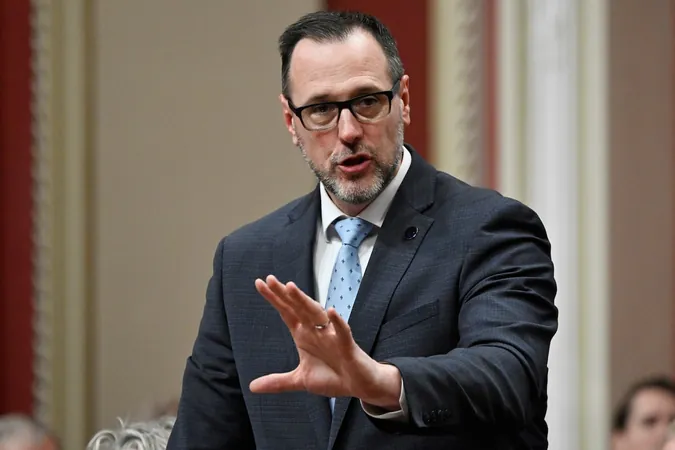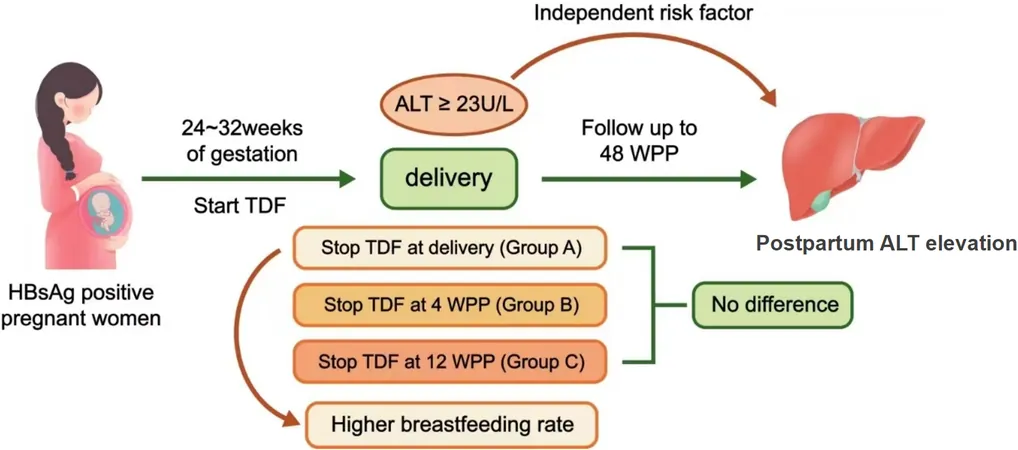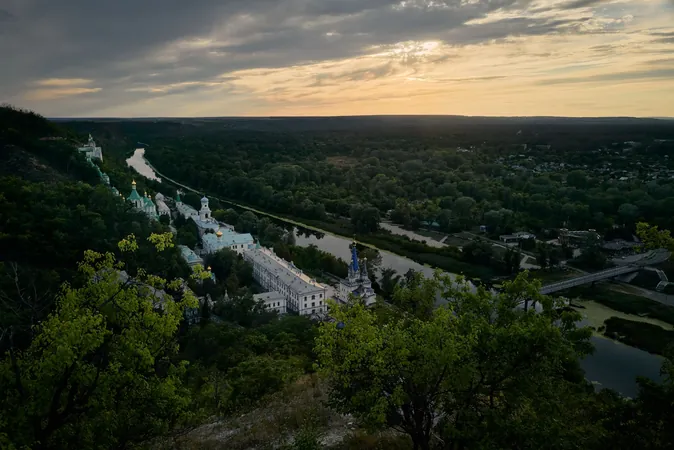
Quebec's Bold Move: The Public Prayer Ban Aimed at Strengthening Secularism
2025-08-28
Author: Sophie
Quebec's Government Takes a Stand on Public Prayer
In a controversial bid to reinforce secularism, the Quebec government is set to impose a ban on public prayer. This decision, announced by Premier François Legault, seeks to curb the visibility of religious expressions in public spaces, including parks and streets.
Legislation in the Works Amid Rising Tensions
Secularism Minister Jean-François Roberge is scheduled to introduce legislation this fall aimed at outlawing public prayer. This initiative responds to a growing unease within Quebec regarding Muslim prayers that have emerged during pro-Palestinian demonstrations, notably occurring in front of Montreal's iconic Notre-Dame Basilica.
A Divisive Debate on Religious Expression
Minister Roberge has voiced that the increasing frequency of street prayers presents a 'serious and sensitive issue' for the province. His previous remarks highlighted discomfort with seeing individuals praying in public settings: 'I don’t think it’s something we should see,' he stated.
Critics Alarmed by Potential Rights Violations
The proposal has ignited fierce debate. Critics, including National Council of Canadian Muslims' CEO Stephen Brown, argue that the government’s focus on street prayers unfairly targets Muslim communities. 'Why does the government only raise concerns when Muslims pray in the streets?' he questioned.
Support for the Ban: A Call for Action
On the other side of the debate, groups like the Centre for Israel and Jewish Affairs have advocated for stricter regulations against prayers blocking public spaces. Meanwhile, the Coalition Avenir Québec is pushing a wider secularism agenda, which also includes extending workplace bans on religious symbols.
Political Maneuvering Amid Poll Struggles
With polls showing declining support, some believe that the Legault government is exploiting fears surrounding Muslim practices to reclaim favor among constituents. Former Canadian senator André Pratte criticized this tactic, highlighting that the real concern should not be public prayers, but rather the way such issues disproportionately affect Muslim individuals.
Broad Recommendations Yet No Clear Solutions
Earlier this week, an independent committee proposed 50 recommendations aiming to bolster secularism. Their report, however, refrained from endorsing a blanket ban on public prayer, suggesting local governments should determine regulation.
Civil Liberties at Stake?
The Canadian Civil Liberties Association has condemned the proposed ban, labeling it a serious infringement on freedoms of religion and assembly. As the debate heats up, the Parti Québécois has also indicated interest in holding discussions within their ranks about the implications of such a ban.
Concerns Over Tradition and Freedom of Expression
Leaders from the Catholic community, including Martin Laliberté, warn that banning public prayer could disrupt traditional practices, raising questions about where the line will be drawn. 'Are we going to criminalize yoga in parks or prayer during a papal visit?' he pondered, cautioning against potential overreach by the government.
A Tipping Point for Secularism and Religious Freedom?
As Quebec grapples with these pressing issues, the proposed public prayer ban stands as a flashpoint in the ongoing struggle between upholding secular values and protecting individual religious freedoms. The outcome of this debate could reshape the landscape of public expression in one of Canada’s most diverse provinces.









 Brasil (PT)
Brasil (PT)
 Canada (EN)
Canada (EN)
 Chile (ES)
Chile (ES)
 Česko (CS)
Česko (CS)
 대한민국 (KO)
대한민국 (KO)
 España (ES)
España (ES)
 France (FR)
France (FR)
 Hong Kong (EN)
Hong Kong (EN)
 Italia (IT)
Italia (IT)
 日本 (JA)
日本 (JA)
 Magyarország (HU)
Magyarország (HU)
 Norge (NO)
Norge (NO)
 Polska (PL)
Polska (PL)
 Schweiz (DE)
Schweiz (DE)
 Singapore (EN)
Singapore (EN)
 Sverige (SV)
Sverige (SV)
 Suomi (FI)
Suomi (FI)
 Türkiye (TR)
Türkiye (TR)
 الإمارات العربية المتحدة (AR)
الإمارات العربية المتحدة (AR)